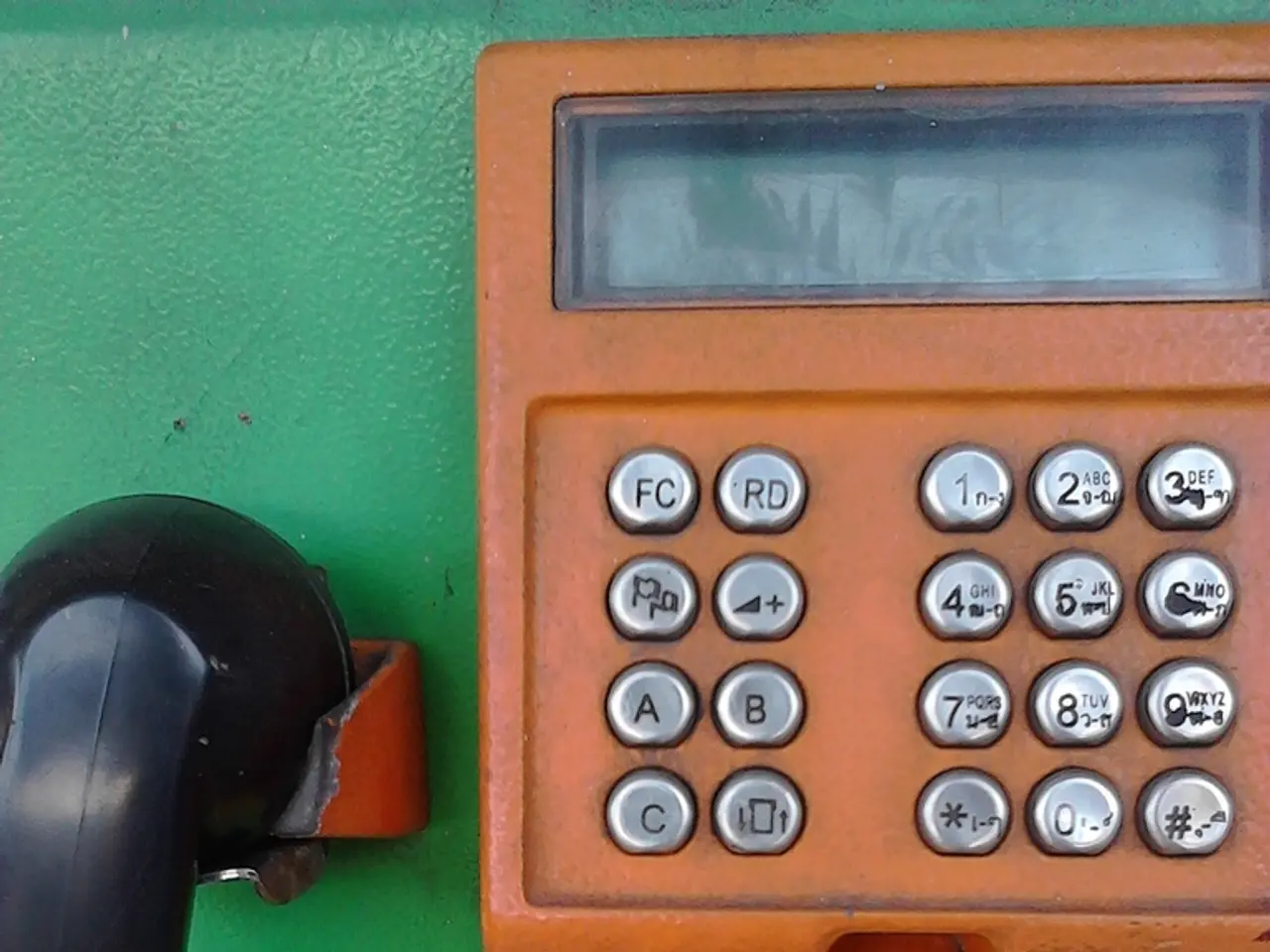Dial-up internet service provided by AOL comes to an end after 34 years of operation.
In the early days of the Internet, AOL's dial-up service was a pioneering gateway for millions, offering a user-friendly experience with curated content, chat rooms, and easy navigation. Launched in 1991, it became iconic for many Americans, peaking at around 18 million subscribers in the 1990s [1].
The distinctive sound of a computer modem connecting to the internet over a telephone line was synonymous with AOL for many people. Millions of trial CDs were distributed, flooding mailboxes [2]. However, as broadband, cable, fiber, and satellite alternatives swept the marketplace, AOL's dial-up slowly slipped from relevance.
By 2015, AOL's subscriber base had shrunk to about 2 million [3]. In recent years, it dropped to only the "low thousands," mostly in rural or isolated communities [4]. AOL itself shifted focus away from dial-up as user preferences changed.
The rise of broadband technologies starting in the 2000s provided faster, always-on internet connections, making dial-up increasingly obsolete. By 2023, only a very small fraction (around 0.1% of U.S. households, or approximately 160,000 people) still used dial-up [3][4].
On September 30, 2025, AOL will discontinue its dial-up internet service, ending a 34-year era. The company described this as part of routine product evaluation and adapting to the modern digital environment [5]. The decisive factors are clear: broadband's ubiquity and vastly superior speeds, the dwindling user base, and the impracticality of maintaining legacy dial-up infrastructure in the 2020s [1][2][3][4].
AOL's dial-up service defined the early days of the Internet and forged new kinds of social interaction with chat rooms, screen names, and instant messages. It was immortalized in pop culture, most notably in the 1998 film "You've Got Mail" [6]. For many, it was their very first digital experience.
Along with the internet service, AOL Dialer software and AOL Shield browser will be retired [7]. Yahoo, AOL's parent company, echoed the announcement [8]. The decision marks the end of a 34-year run for AOL's dial-up internet service, signifying the end of a foundational chapter in Internet history, driven primarily by technological advancement and shifts in user demand [1][2][3][4].
For most, the distinctive sound of a computer modem has disappeared more than a decade ago. However, the legacy of AOL's dial-up internet service will continue to echo in the annals of Internet history.
References: 1. The History of AOL 2. The Sound of the Internet: AOL's Iconic Dial-Up Tone 3. AOL's Dial-Up Internet Service to End in 2025 4. The Death of Dial-Up 5. AOL to End Dial-Up Internet Service in 2025 6. You've Got Mail: AOL's Lasting Impact on Pop Culture 7. What Happens to AOL Dialer and AOL Shield When AOL Dial-Up Ends? 8. Yahoo Confirms AOL's Dial-Up Internet Service Will End in 2025
The dwindling user base and the rise of broadband technology signaled a significant shift from AOL's dial-up internet service, as millions of Americans who once relied on the service for their digital experiences moved towards faster and more modern connections. Despite its eventual discontinuation in 2025, AOL's dial-up service remains a foundational milestone in the development of internet technology and popular culture.




